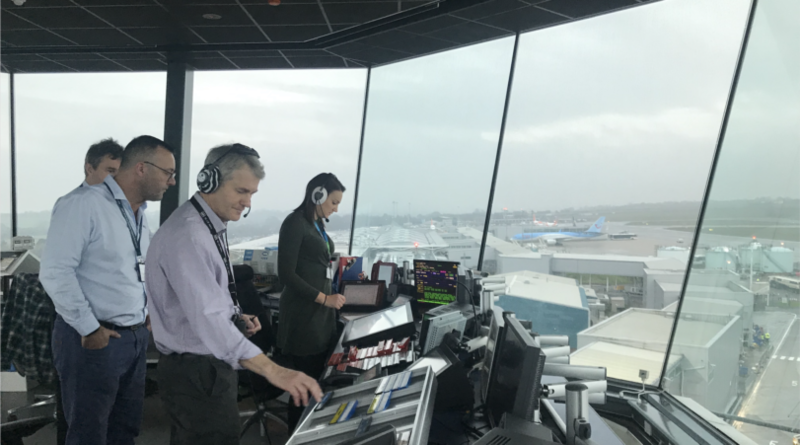
Air traffic services provider NATS has deployed its new Hub and Spoke electronic flight progress strip (EFPS) system at Bristol Airport in the UK.
The new system will integrate the airport’s tower and approach services. The airport handles more than 75,000 flights annually, carrying approximately 8.5 million passengers.
NATS’ Hub and Spoke systems hook up to a centralised set of data servers to drive operational screens in connected airports.
The technology eliminates the need for airport air traffic control tower to have their own installed servers on-site, as well as the provision of individual data links at a specific location.
Alongside offering savings on infrastructure costs, the electronic flight information solution has been designed to improve the airport’s stand-management system.
In addition, the EFPS is intended to help reduce the controllers’ workload and enable them to manage more flights. It has been designed to monitor increased levels of air traffic with improved safety.
How well do you really know your competitors?
Access the most comprehensive Company Profiles on the market, powered by GlobalData. Save hours of research. Gain competitive edge.

Thank you!
Your download email will arrive shortly
Not ready to buy yet? Download a free sample
We are confident about the unique quality of our Company Profiles. However, we want you to make the most beneficial decision for your business, so we offer a free sample that you can download by submitting the below form
By GlobalDataNATS Bristol Airport general manager Steve O’Donoghue said: “The benefit that EFPS will bring to Bristol can’t be overestimated; the implementation stands NATS and the airport in good stead for improved efficient procedures and provides the capacity for predicted airport growth.
“The ability to share data with our airport customer, passengers and airlines will be further enhanced with the anticipated integration of the airport management system and use of data clearances, realising tangible operational benefits to all stakeholders.”
The launch of EFPS follows its previous implementations at Belfast International, Belfast City, and Farnborough airports.
NATS’ EFPS is also due to be installed at airports in Southampton, Cardiff and London City.







